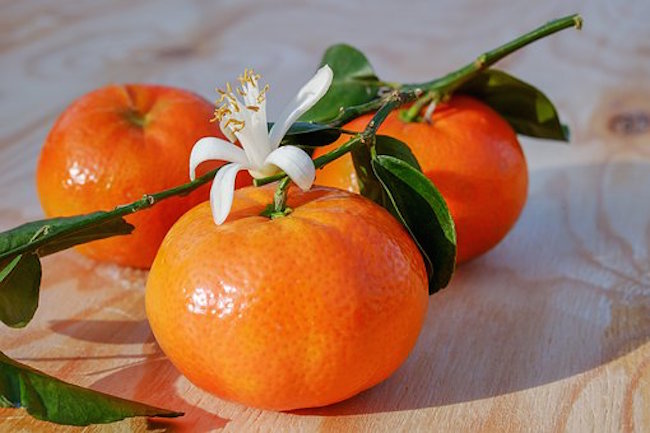5 Foods to Help Fight Seasonal Allergies by Dr. Joseph Mercola
As the weather warms and trees and grasses begin to bloom, the challenges of seasonal allergies also rise. The condition is called allergic rhinitis or hay fever and affects 19.2 million U.S. adults and 5.2 million children.1 Many doctors lean heavily on prescription drugs to alleviate symptoms.
Yet it’s a good idea to also incorporate alternative nutritional options to reduce your dependence on medication. You are likely familiar with the common symptoms of sneezing, stuffy or runny nose, watery and itchy eyes. However, a sizable number of people with allergies also experience noticeable brain fog.
The inflammatory response triggered by an allergic reaction affects your brain. It can interfere with sleep and cause stuffiness in your middle ear. This inflammation can lead to feelings of dizziness or brain fog.2 Data also suggest that allergies have a significant effect on cognitive function.
For example, it may impede learning in school-age children,3 cause disturbed cognitive function in areas requiring sustained attention, short and long-term memory and information processing,4 and may cause significant fatigue and mood changes.5
One study6 found evidence to support a close relationship between an allergic response, inflammatory cytokines and sleep as potential mediators. There are several natural options available for people who experience seasonal allergic reactions. The following five foods are among those that help reduce the symptoms and inflammation associated with the condition.7
Properties in Ginger Reduce Seasonal Allergic Reactions
Ginger has a long history of medicinal use, including as a natural remedy for digestive and respiratory conditions.8 High levels of anti-inflammatory phytochemicals may have contributed to the positive effects ginger had in an animal study9 to suppress proinflammatory cytokines and mast cell activation, which reduces the symptoms of allergic rhinitis.
Another lab and human study10 demonstrated Benifuuki green tea and ginger extract had a significant effect on suppressing cytokines and delayed type allergies. Eleven weeks after starting the study, those taking the Benifuuki tea had a reduced incidence of itchy eyes, runny nose and throat pain.
The results suggested a consecutive month of drinking the green tea with ginger extract could reduce the symptoms of seasonal rhinitis without affecting the normal immune response. Ginger holds several other benefits, including protecting against DNA damage after exposure to free radicals. In one landmark study,11 ginger demonstrated the ability to reduce several inflammatory markers.
The most common use for ginger is in alleviating symptoms of nausea and vomiting.12 One study13 from the University of Miami showed ginger has the potential to replace nonsteroidal anti-inflammatory drugs in patients with knee osteoarthritis. It was also as effective as pain medication in helping women with primary dysmenorrhea (menstrual cramps)14 and was effective against exercise-induced muscle pain.15




